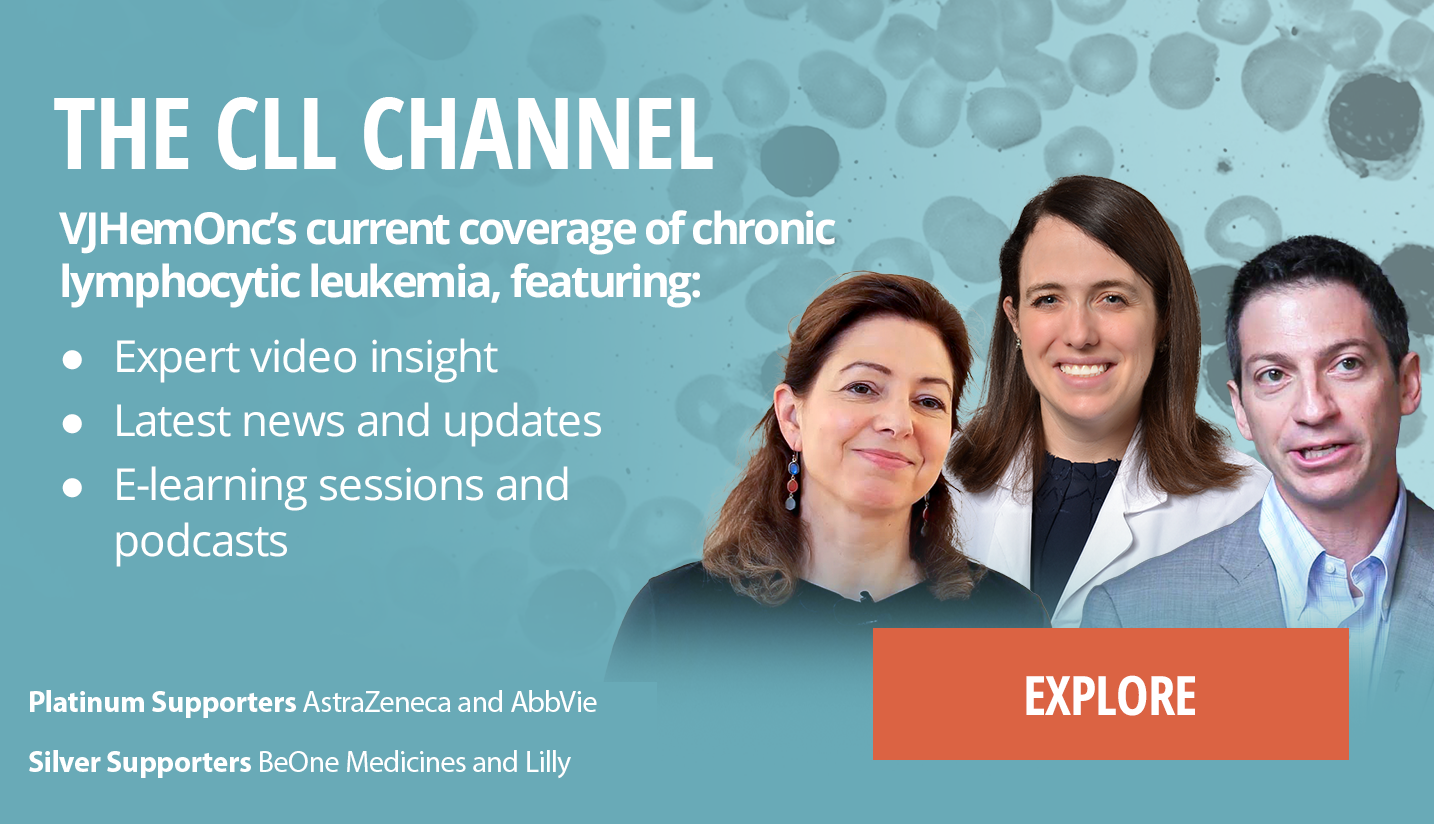I think the unmet needs of CLL patients are not just confined to the UK. I think we’re pretty much the same as other European countries. I think the two main populations are still in need of new therapies. Those are the patients who fail all the BTK inhibitors and BCL2 inhibitors, which will need novel agents as they’re developing and they will eventually exhaust these treatment alternatives...
I think the unmet needs of CLL patients are not just confined to the UK. I think we’re pretty much the same as other European countries. I think the two main populations are still in need of new therapies. Those are the patients who fail all the BTK inhibitors and BCL2 inhibitors, which will need novel agents as they’re developing and they will eventually exhaust these treatment alternatives. So more and more we’re finding patients are going through all the lines of therapy and they’re coming to the end of the available novel agents. We’re trying to find other alternative treatments which we were using in the past and we’ve stopped using once the novel agents came into play such as allogeneic stem cell transplants, inotuzumab and other drugs that we haven’t used for a long time because of that. So, there are still not many. There are still patients that are without any treatment options, particularly those who have high-risk cytogenetics who we know will cycle early and quickly through the existing lines of therapy.
And the other unmet need is to improve the quality of life for patients. I think now that we are moving towards a more fixed-duration paradigm in therapy and now that the patients are valuing that treatment-free period and so that we are in need of studies that tell us which of those treatments is going to give the patients the best quality of life. Survivorship is becoming very important because CLL patients are surviving longer and longer and longer. And from that perspective also, quality of life is going to become very prominent. So that’s I think the other element, having good data that will help us make decisions, treatment decisions, based on it.
This transcript is AI-generated. While we strive for accuracy, please verify this copy with the video.














